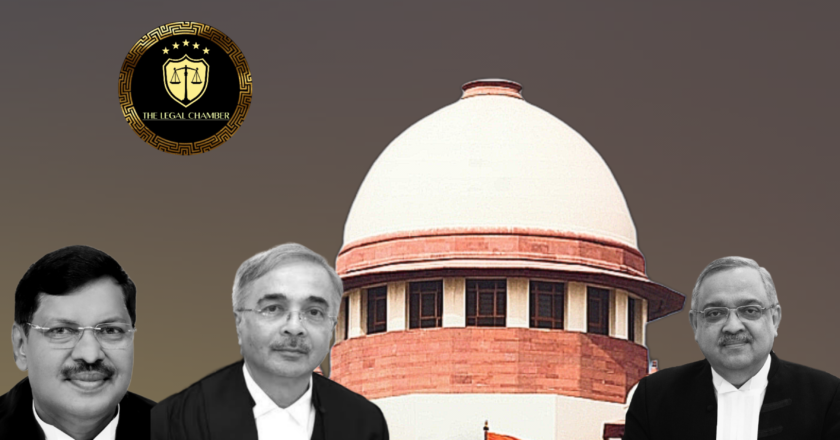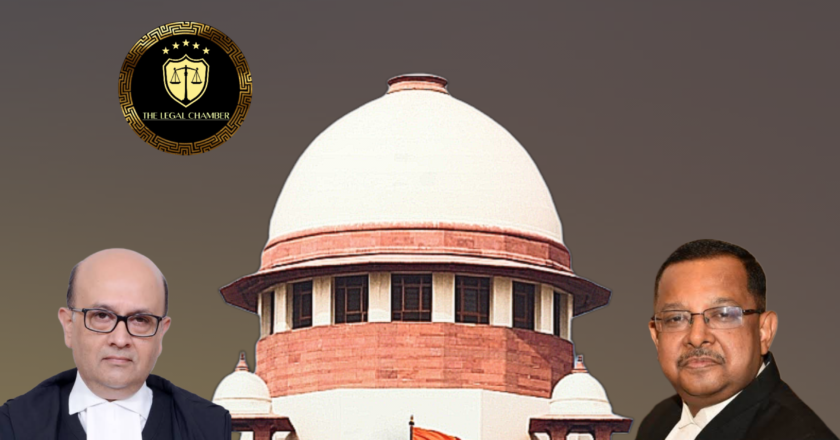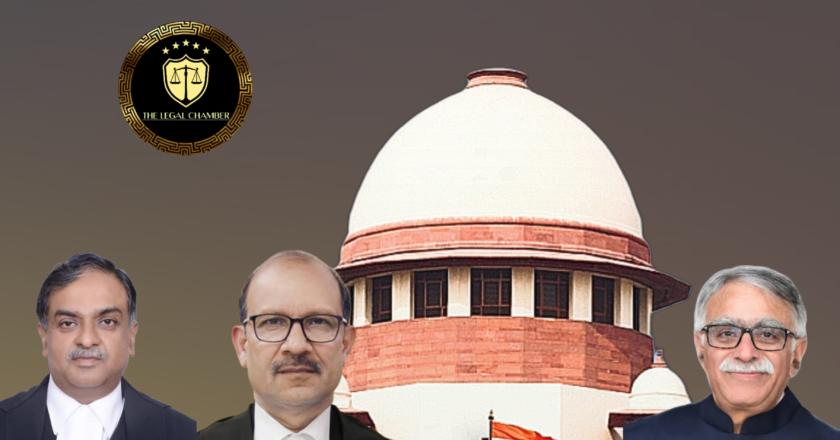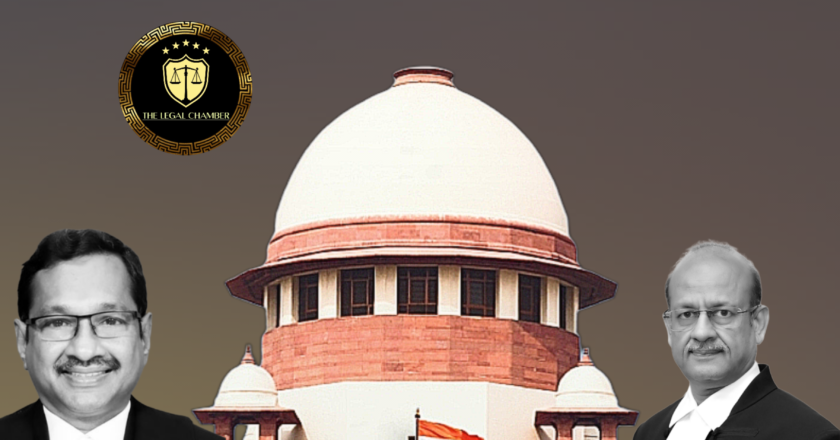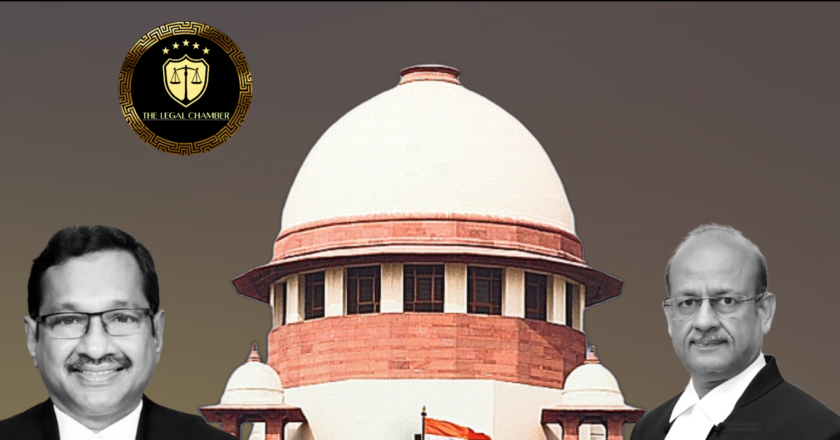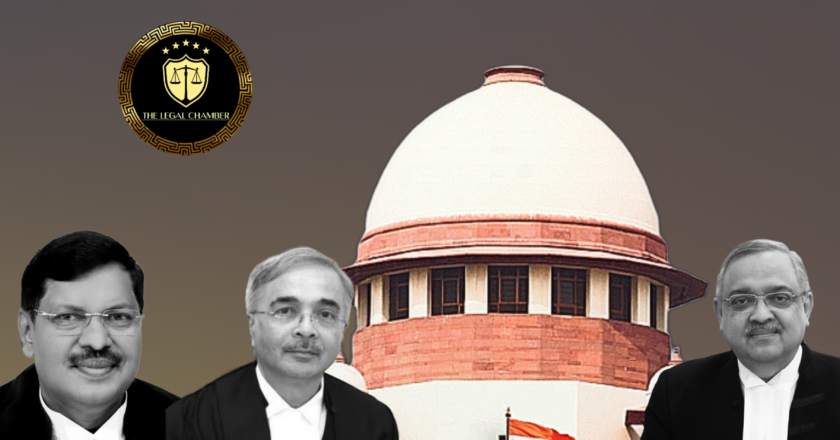Supreme Court Rules: High Court Cannot Grant Anticipatory Bail if FIR Discloses SC/ST Act Offence
The Supreme Court held that Section 18 of the SC/ST Act creates a statutory bar against granting anticipatory bail when a prima facie case under the Act is made out from the FIR. The court's role at this stage is limited to verifying the FIR's averments and cannot extend to a mini-trial or appreciation of evidence. The High Court erred in disregarding this bar.
Facts Of The Case:
The complainant, belonging to the "Mang" Scheduled Caste community, lodged an FIR alleging that on 25.11.2024, the accused, Rajkumar Jain and others, confronted him outside his home. The accused were angered because the complainant had not voted for their candidate in the recent assembly elections. They verbally abused the complainant using the casteist slur "Mangtyano," beat him with an iron rod, and threatened...
